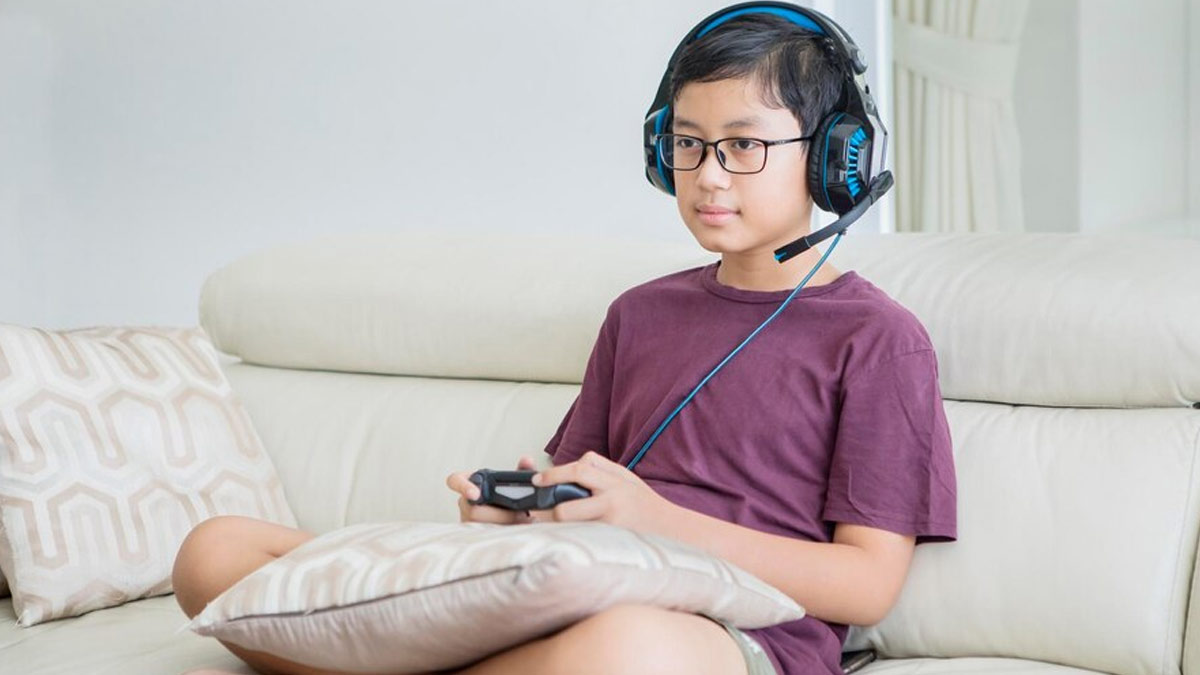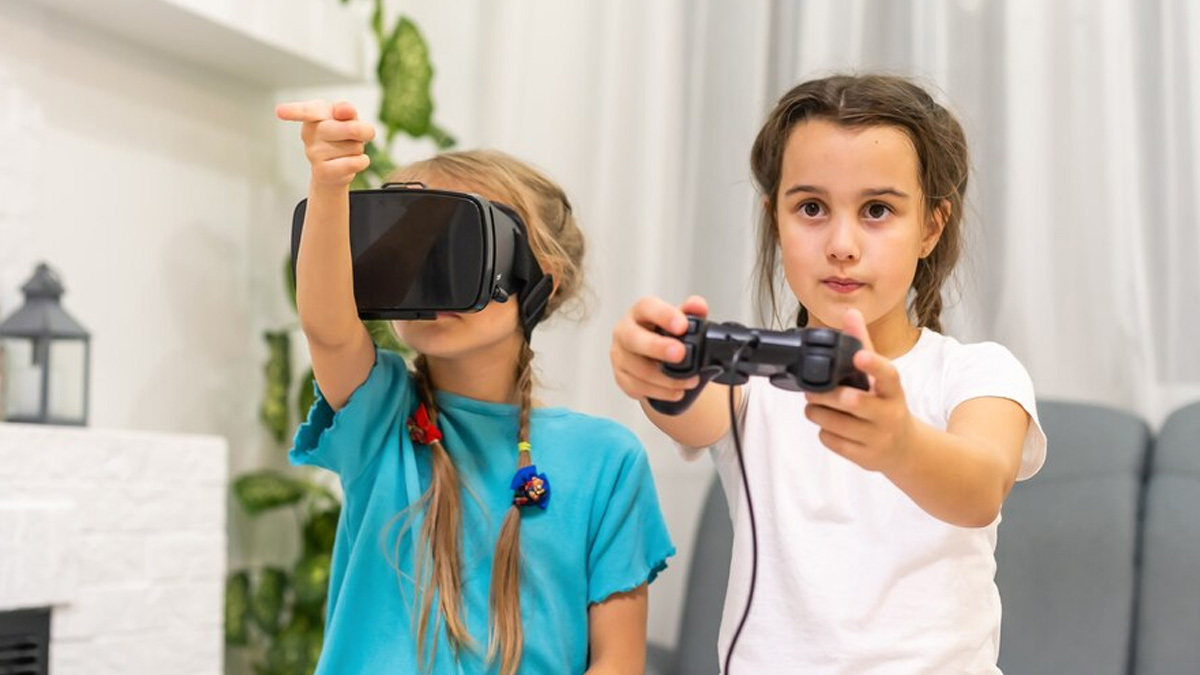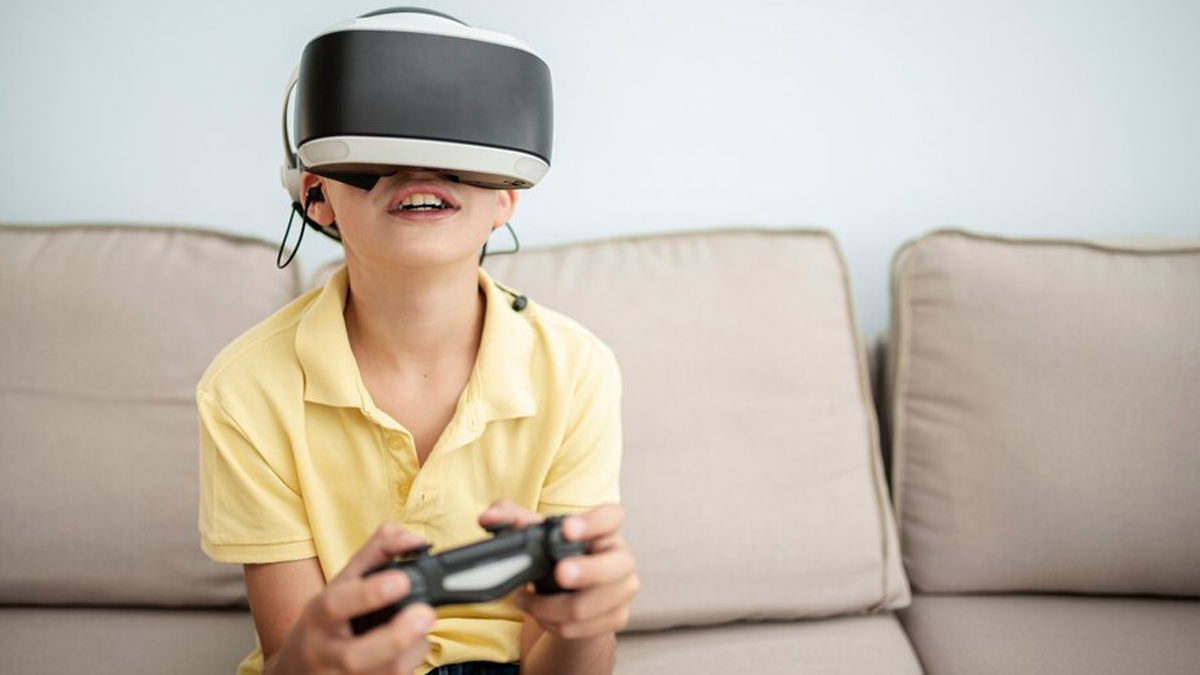
Video games have become an undeniable part of modern life. For many children and teenagers, gaming offers a fun and engaging way to connect with friends, explore virtual worlds, and unwind after a long day. However, excessive gaming can sometimes morph into a more serious issue: Internet Gaming Disorder (IGD).
Table of Content:-
What Is Internet Gaming Disorder?
Recognised by the World Health Organisation (WHO) in 2018, IGD is a behavioural addiction characterised by impaired control over gaming, prioritising gaming over other activities, and continued gaming despite negative consequences. Children with IGD become preoccupied with gaming, spending excessive hours lost in virtual worlds. This can have a significant impact on their mental health and overall well-being.

Signs and Symptoms of IGD in Children
Here are some red flags to watch out for if you suspect your child might have IGD:
- Their thoughts and conversations constantly revolve around gaming.
- They become irritable, anxious, or even aggressive when unable to game.
- Gaming sessions become progressively longer, interfering with sleep, schoolwork, and social interactions.
- They prioritise gaming over chores, homework, and spending time with family and friends.
- They may hide the extent of their gaming from you or try to deceive you about how much time they spend playing.
- Their grades and attendance suffer due to neglecting schoolwork in favour of gaming.
- They lose interest in real-world activities and friendships, preferring the virtual world.
- They experience sleep disturbances, fatigue, eye strain, and unhealthy eating habits due to excessive gaming.
How Can IGD Affect Your Child's Mental Health?
According to a study published in the Journal of Youth and Adolescence, excessive gaming can negatively impact your child's mental health in several ways:
Anxiety and Depression: The inability to control their gaming habits, social isolation, and potential academic struggles can lead to anxiety and depression.
Sleep Deprivation: Gaming late into the night disrupts sleep patterns, leading to fatigue, difficulty concentrating, and irritability.
Aggression and Mood Swings: Frustrations experienced during gameplay or withdrawal symptoms can manifest as aggressive behaviour and mood swings.
Low Self-Esteem: Academic decline and neglecting real-world relationships can lead to feelings of inadequacy and low self-esteem.

Helping Your Child: Strategies to Address IGD
If you're concerned about your child's gaming habits, here are some steps you can take:
- Talk to your child openly and non-judgmentally about your concerns. Explain the potential consequences of excessive gaming on their health and well-being.
- Set clear guidelines and time limits for gaming. Work with your child to create a schedule that balances gaming with other activities like homework, social interaction, and physical activity.
- Encourage your child to explore other hobbies and activities that can provide them with a sense of accomplishment and enjoyment.
- Be mindful of your own screen time and model healthy digital habits.
- If you're struggling to manage your child's gaming habits or suspect a severe case of IGD, consider consulting a mental health professional.
Also Read: The Risk Of Mobile And Gaming Addiction In Children: How Parents Can Tackle The Problem
IGD is a growing concern, and there are resources available to help. Talk to your child's paediatrician, therapist, or counsellor for more personalised guidance. By taking proactive steps and seeking the right support, you can help your child develop a healthy relationship with gaming and protect their mental health. Remember, the goal isn't to eliminate gaming but to ensure it's enjoyed in a balanced and responsible way.
Also watch this video
How we keep this article up to date:
We work with experts and keep a close eye on the latest in health and wellness. Whenever there is a new research or helpful information, we update our articles with accurate and useful advice.
Current Version
